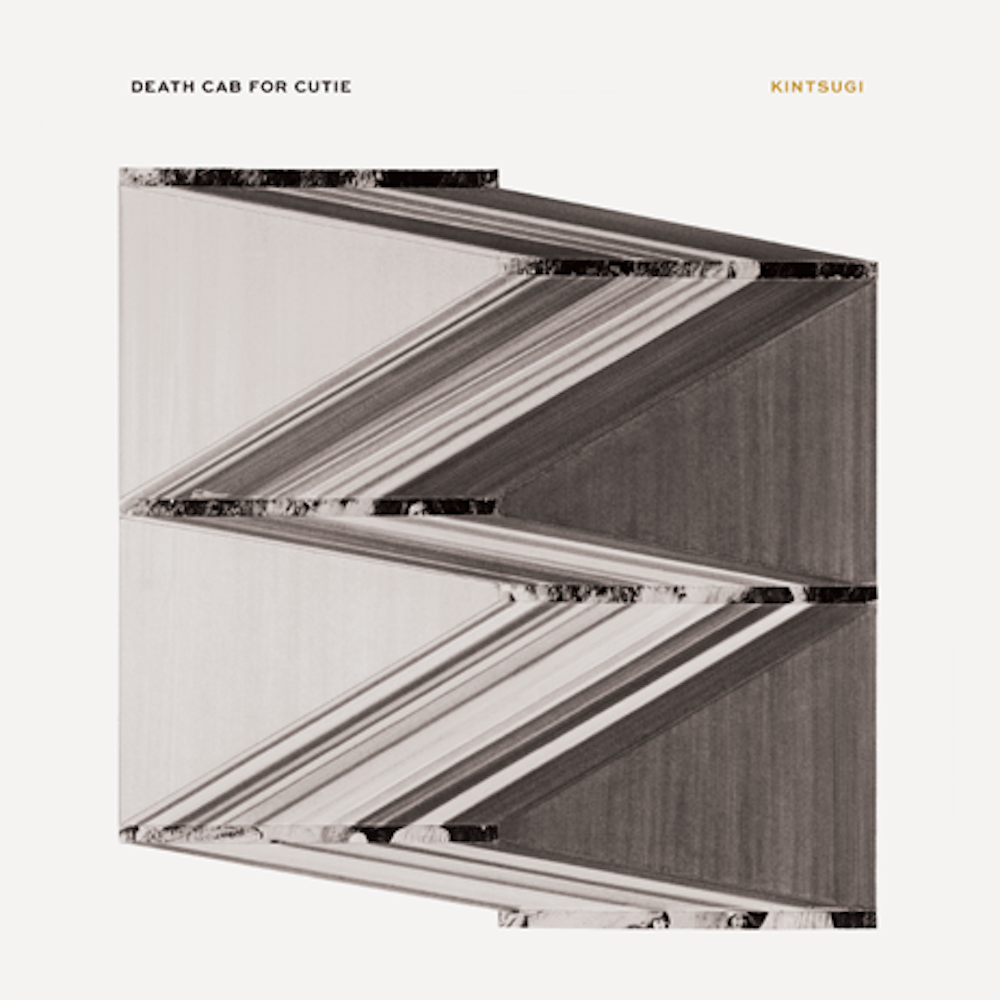Duration: 45 mins
Label: Atlantic
Release date: March 30
Rating: B-
The title of Death Cab for Cutie’s eighth studio album, “Kintsugi,” references a method for repairing Japanese ceramics with gold in the enamel — like repairing Ben Gibbard’s heart after the lead singer’s recent divorce from Zooey Deschanel. The title reflects the album’s cynical, yet hopeful, tone. Throughout, we hear Gibbard’s working through his grieving process with heartfelt, almost stream of consciousness lyrics.
“Kintsugi” starts out by slowly marinating in soft rock and simple musical interludes. Album opener “No Room in the Frame” is authentic and raw, using minimal drumming, piano and guitar for a haunting sound. “When the cameras turn to face you, guess who’s not in the picture?” Gibbard sings, nakedly referencing how Deschanel’s fame has torn them apart.
The album’s standout track, “Black Sun,” picks up the energy, adding a more guitar-driven set with repetitive strumming. The song builds and adds more angst and anger by the time the third chorus rolls around with a taste of electric guitar and heavy drumming.
“The Ghosts of Beverly Drive” shows off why Death Cab for Cutie is labeled as “alternative rock” with a head-bobbing, instrument-heavy melody and anthemic lyrics. “Little Wanderer” gets intimate with melodic anecdotes about Deschanel. Gibbard’s lyrics are solemn, but still remain hopeful, sweetly calling her his “little wanderer” even though she has wandered away from him.
“You’ve Haunted Me All My Life” takes an eerie, introspective turn, where Gibbard’s lyrics are uncannily, stressing every single lyric. Soft acoustic guitar reiterates the theme of his love “running” from him in “Hold No Guns.” Gibbard desperately calls out to his lost love in through a minimalistic set.
Death Cab for Cutie has finally returned to their roots with “Kintsugi” through intimate lyrics, clean guitar and a more authentic singer-songwriter feel, similar to the band’s adored album “Transatlanticism.”
For this album in particular, they seem to have moved past experimentation and electronic dubs to a more down-to-earth vibe. This may be a one-time experiment, or this could be the future of Death Cab for Cutie.

